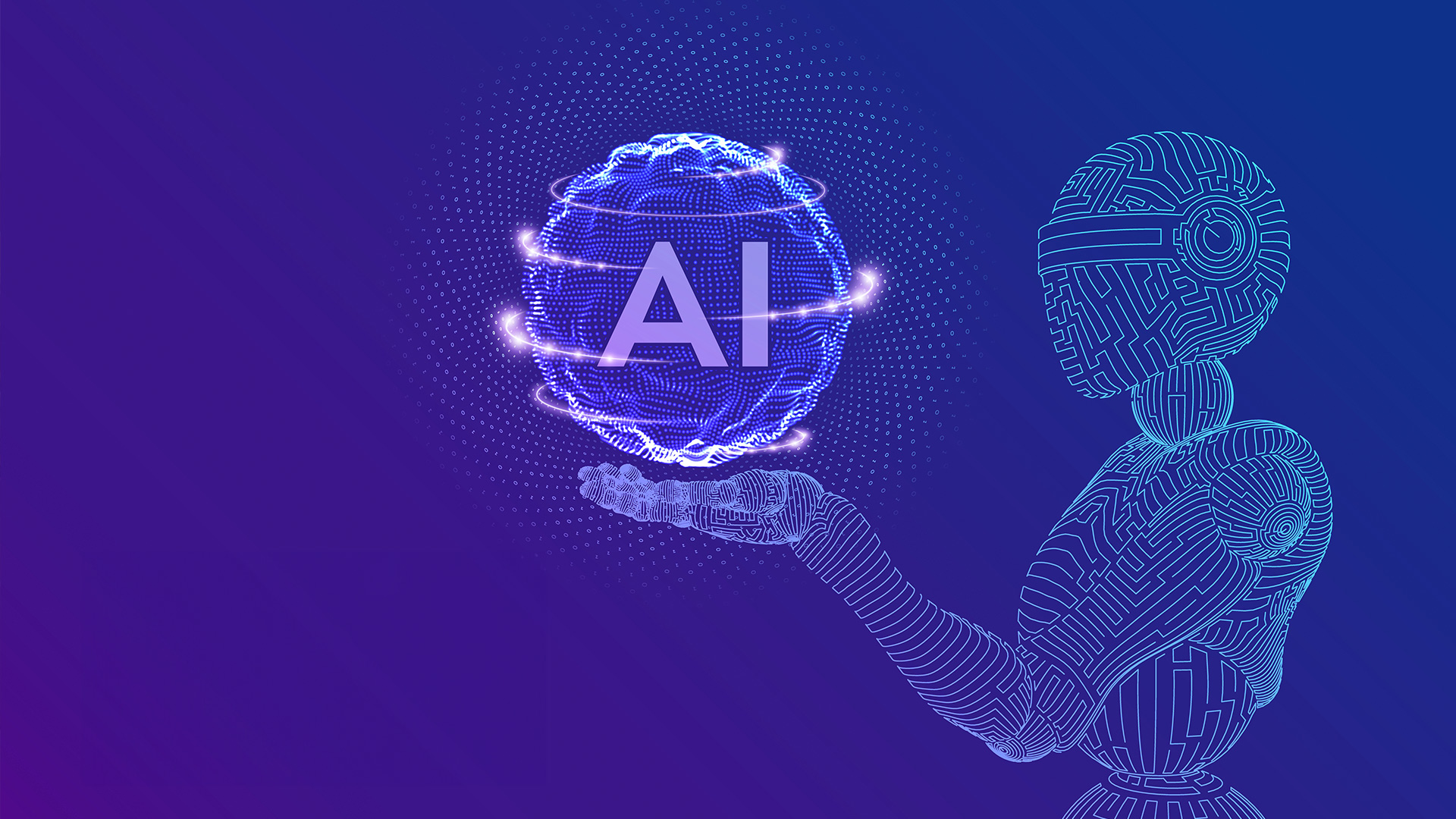In today’s fast-paced digital world, businesses and marketers are continually seeking innovative strategies to gain a competitive edge. One such groundbreaking advancement that has been reshaping the digital marketing landscape is Artificial Intelligence (AI). AI’s integration into digital marketing practices has proven to be a game-changer, offering unprecedented insights, personalization, and efficiency.
1. Enhanced Customer Insights
AI empowers marketers with the ability to gather and analyze vast amounts of data from various sources, including social media, website interactions, and purchase histories. By processing this data, AI algorithms can identify patterns, preferences, and behaviors, allowing marketers to create more accurate customer personas and segment their audience effectively.
2. Personalization at Scale
Personalization has become a cornerstone of effective digital marketing. AI-driven algorithms can analyze user behavior in real-time and deliver personalized content, recommendations, and product suggestions. This not only improves user engagement but also boosts conversion rates, as customers are more likely to respond positively to personalized experiences.
3. Predictive Analytics
AI’s predictive analytics capabilities have revolutionized the way businesses make decisions. By leveraging historical data, AI algorithms can forecast future trends, customer behaviors, and market dynamics. Marketers can use this information to fine-tune their strategies, allocate resources more effectively, and make data-driven decisions that drive growth.
4. Chatbots and Customer Support
Chatbots, powered by AI, have become an integral part of customer support and engagement. They provide instant responses to customer inquiries, handle routine tasks, and offer 24/7 support. This not only enhances customer satisfaction but also reduces response times, leading to improved customer retention.
5. Content Creation and Curation
AI has also found its way into content marketing. Content generation tools powered by AI can create blog posts, social media updates, and even product descriptions. While they may not replace human creativity, these tools can save time and assist in generating high-quality content consistently.
6. SEO and Content Optimization
AI-driven SEO tools help marketers optimize their content for search engines by analyzing keyword trends, competitor data, and user intent. This ensures that content ranks higher in search engine results pages (SERPs) and reaches a broader audience.
7. Ad Campaign Optimization
AI algorithms can optimize ad campaigns by adjusting bidding strategies, targeting the right audience segments, and even predicting the best times to display ads. This results in more cost-effective campaigns and higher ROI for advertisers.
8. Fraud Detection and Security
In digital marketing, fraud is a significant concern. AI can identify and mitigate fraudulent activities, such as click fraud in pay-per-click advertising or fake social media engagement, protecting marketing budgets and brand reputation.
Conclusion
The integration of Artificial Intelligence into digital marketing is not just a trend; it’s a necessity for businesses looking to thrive in the digital age. AI’s ability to analyze data, personalize experiences, predict trends, and automate processes has revolutionized the way marketers connect with their audience and drive results. As technology continues to evolve, businesses that harness the power of AI in their digital marketing strategies will stay ahead of the curve and achieve long-term success in the ever-changing digital landscape.
